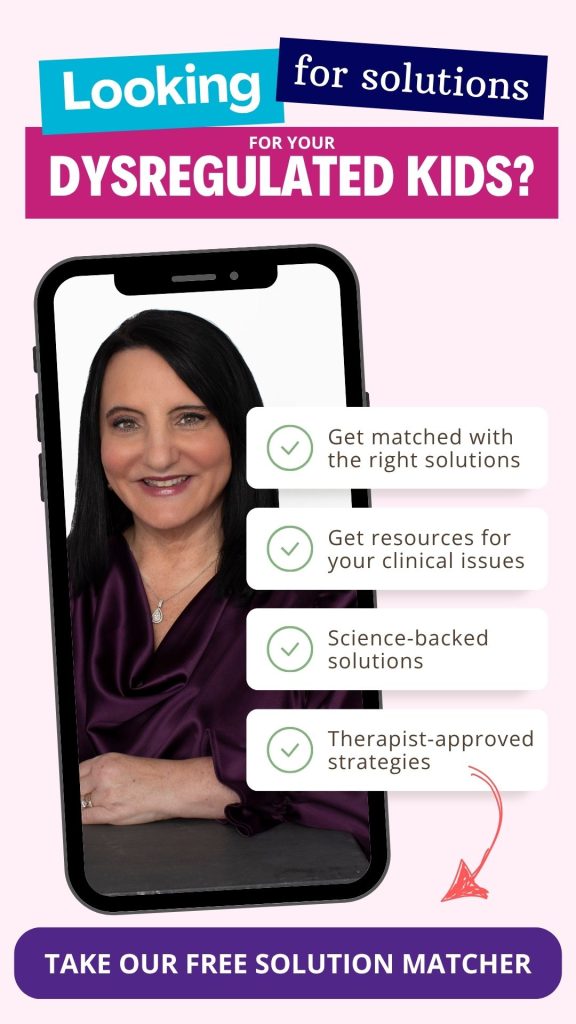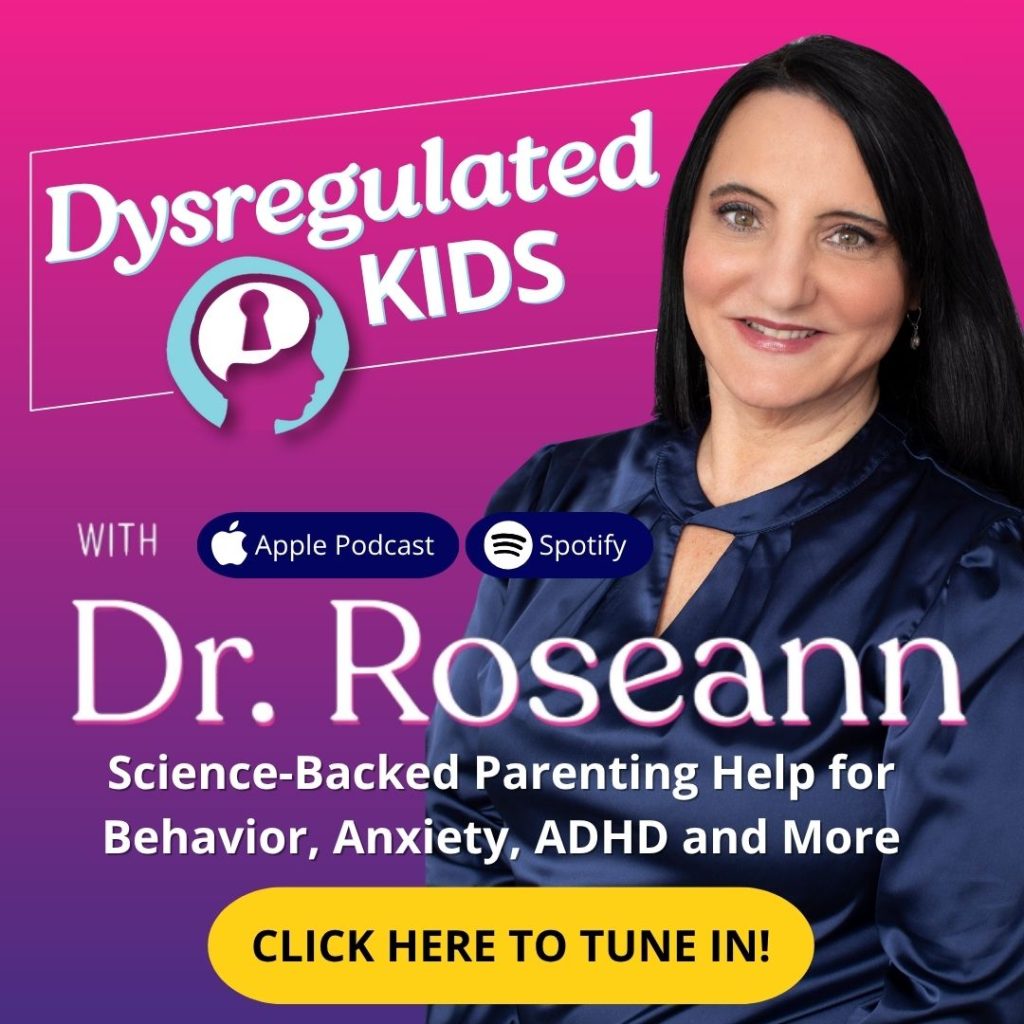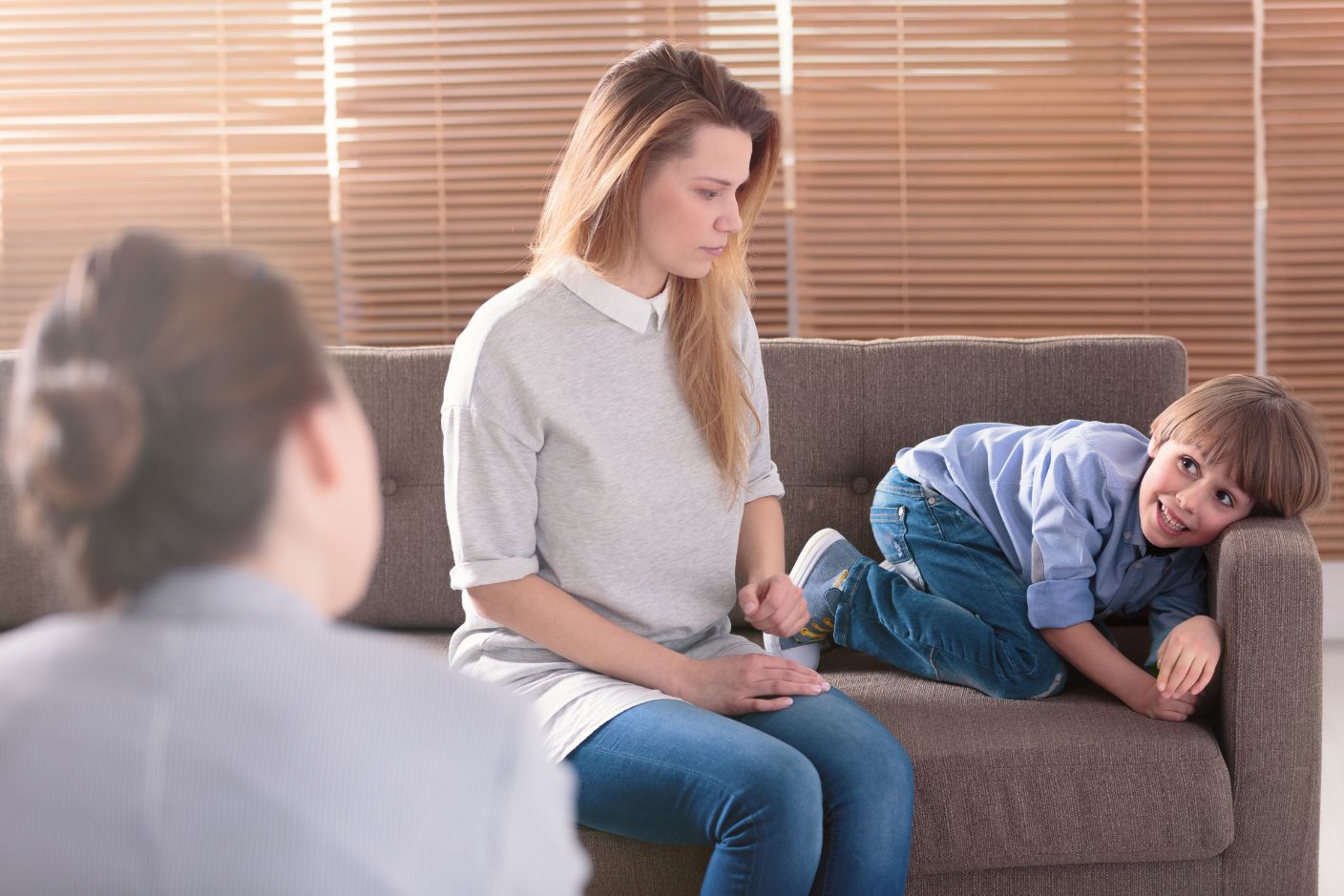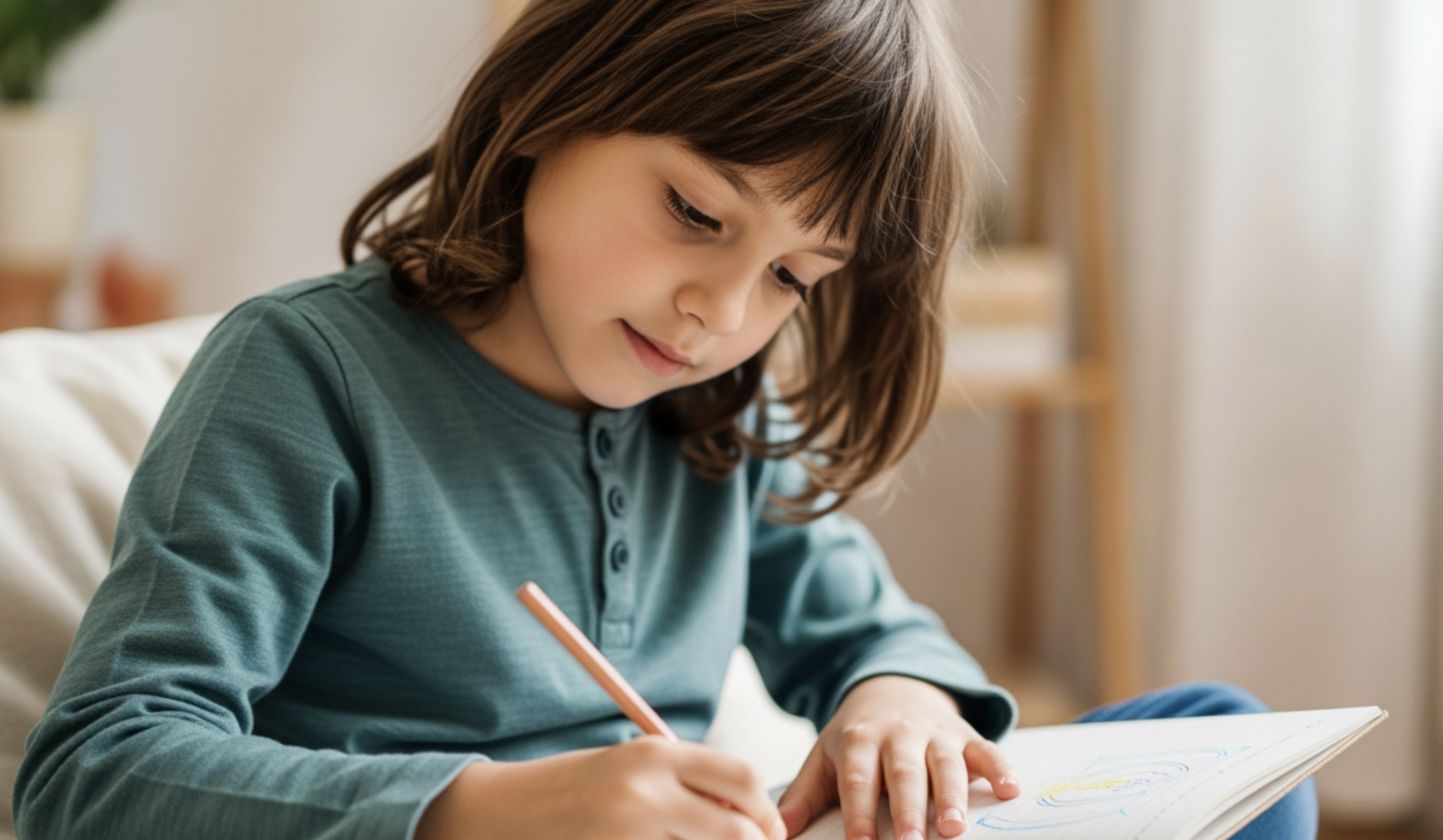
Estimated reading time: 8 minutes
If your bright, curious child struggles in school despite obvious intelligence, you may be seeing signs of twice exceptionality.
What Does “Twice Exceptionality” Mean?
“Twice exceptionality” describes children who are both gifted and have a learning, attention, or developmental difference—for example ADHD, dyslexia, autism, or anxiety.
They can solve complex problems or think creatively yet still melt down over homework or written tasks.
Educational psychologist Dr. Susan Baum, Director of the 2e Center for Research & Professional Development, explains:
“Students who are gifted may also have a special need or disability, just as students with disabilities may also be gifted.”
This duality can make twice exceptional (2e) learners hard to identify. Their advanced thinking may mask learning challenges, while their struggles can hide their talents.

How Can You Tell if Your Child Is Twice Exceptional?
Every 2e child presents differently, but parents often notice contrasts like:
- Advanced vocabulary yet poor handwriting or spelling
- Deep curiosity about science or art but trouble following directions
- Intense emotions and sensitivity to criticism or sensory input
- Creative problem-solving but difficulty organizing tasks or time
Parent story:
Denise, mom of a 10-year-old, says her son can design entire Minecraft cities but can’t remember to pack his school folder. Once she realized he was both gifted and ADHD, their focus shifted from discipline to brain-based support—and peace slowly returned to their evenings.
A comprehensive neuropsychological evaluation is key to understanding twice exceptionality.
What Research Says:
Recent U.S. data show that many twice exceptional children still go unnoticed in gifted programs because traditional testing often misses their uneven profiles (Jolly, 2024).
That’s why parents play such an important role as you’re often the first to notice those remarkable strengths hiding beneath the daily struggles, and your advocacy can make all the difference in helping your child get the support they need.
Why Do Twice Exceptional Children Struggle in Traditional Classrooms?
Traditional schools are built for consistency, not complexity. Twice exceptional learners often:
- Finish work quickly yet get bored and act out
- Need more time to process writing or math facts
- Experience sensory overload from noise, light, or transitions
- Mask their struggles to appear “smart,” leading to anxiety and fatigue
When giftedness hides disability or disability hides giftedness, teachers may misinterpret behavior as laziness or defiance.
A 2023 study found that while most teachers recognized gifted traits, few understood how giftedness and learning challenges interact—leading to mislabeling and missed support (Alsamani & Alsamiri, 2023).
Child Mind Institute neuropsychologist Dr. Adam Zamora explains:
“Let’s take bright kids who have a reading disability… When they’re reading, there are words that they don’t know how to decode but they use inferential reasoning and their overall cognitive capacity to kind of figure out what the missing word might be. These kids might go under the radar.”
I often remind my parents and families that Behavior isn’t defiance, but rather a dysregulated brain asking for support.
The goal isn’t to push harder; it’s to create conditions where both strengths and struggles are recognized.
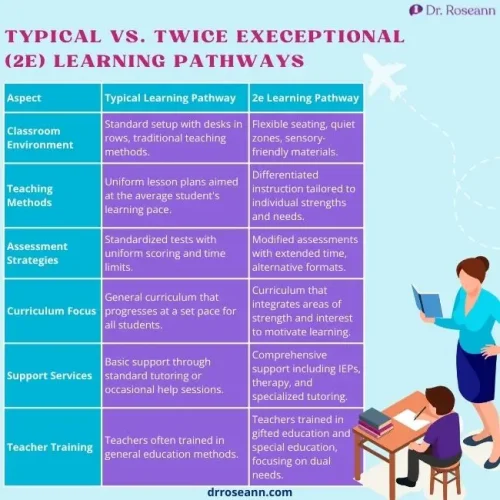
How to Support Twice Exceptional Students
Thriving 2e children share one thing: an environment that fits their brain.
At home
- Lead with regulation. Before homework or problem-solving, help your child calm their brain—movement breaks, deep breathing, or Calm PEMF can help.
- Celebrate passions. Let their obsessions—bugs, rockets, coding—be learning vehicles.
- Model executive skills. Use visual schedules, timers, and gentle prompts instead of nagging.
At school
- Request differentiated instruction that builds on strengths.
- Ask teachers to offer flexible assessments (oral reports, visuals, or assistive tech).
- Provide sensory supports like noise-canceling headphones or movement breaks.

Role of Emotional Regulation Play in 2E Learning
A dysregulated brain can’t learn. 2e kids often experience chronic stress from unmet expectations, sensory overwhelm, or perfectionism.
A 2025 review found that twice exceptional learners frequently report lower self-esteem and self-efficacy than their peers, especially when their strengths go unnoticed (Küry, 2025). Early recognition and strength-based support were linked to higher confidence and emotional well-being.
Pediatric neuropsychologist Dr. Laura Phillips adds:
“They know that they’re capable of more and yet something is holding them back, and they can’t really figure out why. That’s why you often see a lot of frustration and anxiety and even behavioral dysregulation in a lot of these kids.”
When anxiety rises, the thinking brain (prefrontal cortex) goes offline and the fear brain (amygdala) takes over. Helping kids regulate first—through co-regulation, breaks, and predictable routines—restores focus and confidence.
How Can Schools Create Inclusive Environments for 2E Learners?
True inclusion means equitable access, not identical treatment. Schools can:
- Extend testing time or allow verbal answers
- Offer enrichment alongside remediation
- Reframe mistakes as part of growth
- Use IEPs or 504 plans to formalize accommodations
- Train teachers in neurodiversity awareness
Creating peer groups or mentorship programs for gifted and twice exceptional students fosters belonging and combats isolation.
Where to Find Helpful 2E Resources and Programs?
Navigating supports can feel overwhelming, but you’re not alone. Explore:
- Public-school options: Gifted programs with IEP or 504 support
- Specialized schools: e.g., Bridges Academy (LA) dedicated to 2e learners
- Community resources: Museums, libraries, or homeschool co-ops for enrichment
- Parent networks: Twice Exceptional Children’s Advocacy (TECA), Gifted Homeschoolers Forum (GHF)
- Professional guidance: Neuropsychologists and therapists trained in 2e profiles
“When 2e kids are understood, they stop feeling broken and start seeing themselves as capable and creative.” - Dr. Melanie Hayes, founder of Big Brain EDU
How Can Twice Exceptional Teens Prepare for Life Beyond School?
Transitioning to adulthood brings new challenges—college essays, deadlines, independence. Teaching executive-function tools early is key:
- Break tasks into bite-size goals
- Use visual planners and phone reminders
- Encourage self-advocacy: help teens practice explaining their needs
- Connect with mentors who share interests or neurodivergent experiences
Life success for 2e individuals isn’t about fixing weaknesses—it’s about leveraging strengths while managing sensitivities.
Hope and Direction for 2E Families
Understanding twice exceptionality is the first step toward compassion and progress. These children aren’t “lazy” or “defiant”—they’re complex, curious, and wired differently.
When we calm the brain first, partner with educators, and celebrate unique talents, twice exceptional kids can soar—academically and emotionally.
It’s gonna be OK. You’re not alone on this journey.
FAQs
What causes twice exceptionality?
It usually stems from a mix of genetic, neurological, and environmental factors. A child might inherit both giftedness and a neurodevelopmental difference such as ADHD or dyslexia.
Can twice exceptional kids succeed in school?
Absolutely. With the right supports—executive-function coaching, accommodations, and emotional-regulation tools—2e students often become top achievers in their chosen fields.
Do 2e children need therapy?
Therapy helps many 2e kids manage perfectionism, anxiety, or frustration. Look for therapists experienced in gifted and neurodivergent populations.
Is homeschooling a good option for 2e learners?
For some families, yes. Homeschooling allows flexibility around sensory needs, pacing, and interests. Others thrive with blended or alternative school models.
How early can you identify twice exceptionality?
Gifted traits may appear by preschool, but clear 2e profiles often emerge once academic demands increase—typically around 2nd to 4th grade.
Citations
Jolly, C. and Barnard-Brak, L. (2024). Special education status and under-identification of twice exceptional students. Education Sciences, 14(10), 1048. https://doi.org/10.3390/educsci14101048
Alsamani, A., Alsamiri, H., and Alfaidi, S. (2023). Elementary school teachers’ perceptions of the characteristics of twice-exceptional students. Frontiers in Education, 8, 1150274. https://doi.org/10.3389/feduc.2023.1150274
Küry, L. and Fischer, C. (2025). The self-perceptions of twice-exceptional children: A systematic review. Education Sciences, 15(1), 44. https://doi.org/10.3390/educsci15010044
Always remember… “Calm Brain, Happy Family™”
Disclaimer: This article is not intended to give health advice and it is recommended to consult with a physician before beginning any new wellness regime. *The effectiveness of diagnosis and treatment vary by patient and condition. Dr. Roseann Capanna-Hodge, LLC does not guarantee certain results.
Are you looking for SOLUTIONS for your struggling child or teen?
Dr. Roseann and her team are all about science-backed solutions, so you are in the right place!

©Roseann Capanna-Hodge

%20.png)


